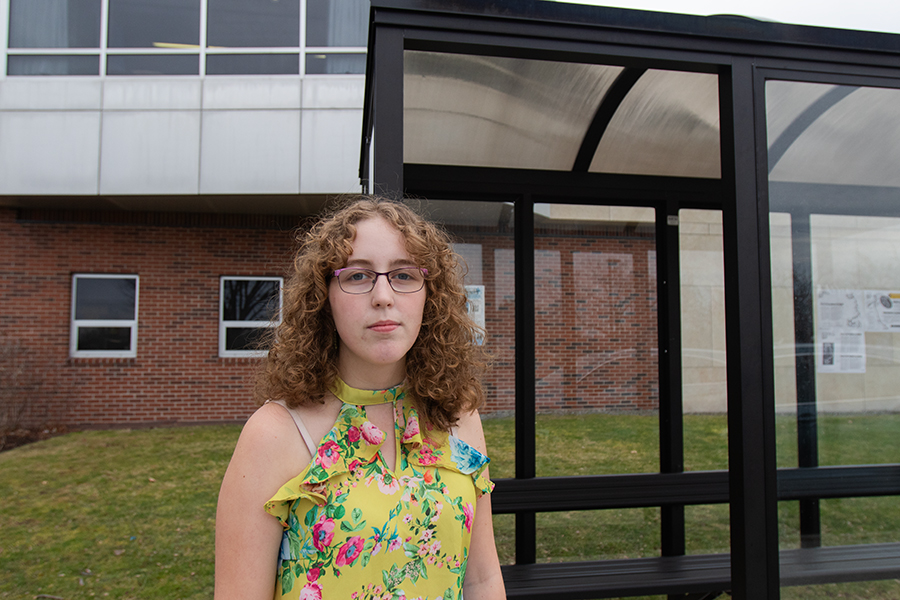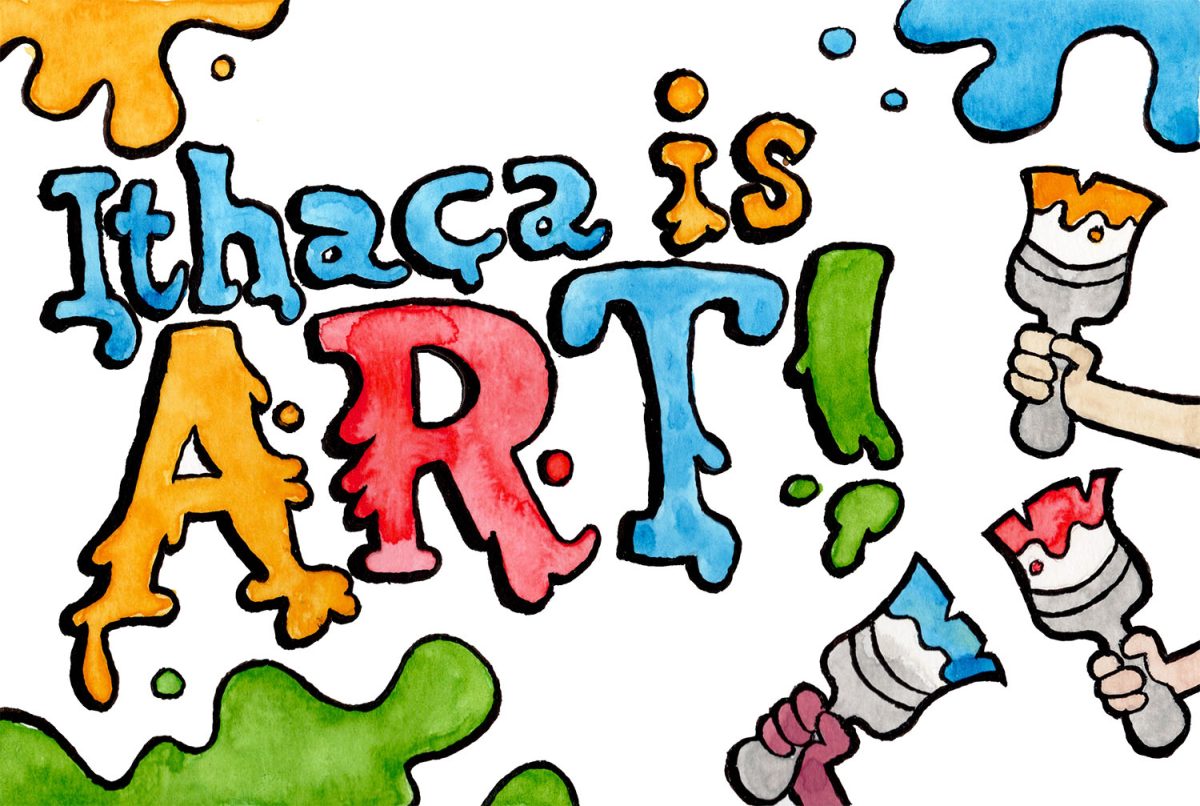In the 15-odd years I’ve been associated with the Center for the Study of Culture, Race and Ethnicity, I’ve spoken from the positionality of an African-, Latino/a, Asian-, Native American person even though I didn’t grow up with this identity or choose it for myself. Rather, it was bestowed upon me by the rites of citizenship, which transformed me from a colorless “legal alien” — a Pakistani, to be exact — into an Asian-American.
Of course, Asian-American is not a race because Asia and America, or, rather, the U.S. — given that America is comprised of all of North and South America — are “imagined geographies,” to borrow cultural theorist Edward Said’s term. Hyphenating them doesn’t make them into a racial category. But, even if it did, the very people who call me Asian-American also cross me off the ALANA list when it comes to counting faculty of color on this campus. At such moments, they begin referring to me as a deracinated and stateless “international” faculty because I wasn’t born in the U.S.
This slippery language about race illustrates just how slippery the concept of race itself is. By this, I don’t mean there is no racism, or that people are post-racial or that ALANA people should give up on the project of racial justice. Rather, I simply mean that when we take racial identities to be stable and fixed, we ignore the incoherence and contradictions at their core.
We also ignore notable political similarities between different races when we look at the U.S. only through a racial lens. For instance, when I look at the U.S., not as an ALANA person but as a Pakistani, I see people who are uniformly imbued with a sense of their own moral superiority and exceptionalism, who benefit from U.S. global tyranny and who participate to varying degrees in the U.S. politics of empire.
Even the discipline of ethnic studies, at least in its conservative modes, is complicit in the politics of empire because its goal is to secure a larger pie for ALANA people by enabling their inclusion in U.S.-centric structures. These structures are dominated by white people and are parochial, self-serving and hazardous to ALANA people and to the world.
Then, too, when I look at the White House, what I see is a black president who is no different from his white predecessors, especially when it comes to foreign policies. In fact, Barack Obama is far worse than George W. Bush ever was in treating the world as the U.S.’s playground where his administration feels free to behave as lawlessly and abominably as it wants.
These realities have been particularly painful to accept as someone who has aligned herself to ALANA people’s struggles for racial justice. So far, I have found this alignment natural because I am from a part of the world that was once colonized by white people, and I view ALANA people as being colonized as well. But the reverse has seldom been true. Few, if any, ALANA people feel political solidarity with people in my part of the world; rather, racial justice for most of them stops at the borders of the U.S.
Perhaps it can’t be any different as long as antiracist movements seek assimilation into the U.S. empire, because this will keep ALANA people from learning to think of others in “morally relevant ways,” to take a phrase from the philosopher Richard Rorty. However, in the absence of a morality that allows for some form of mutual recognition, it will be difficult for us to secure racial justice on a global scale.










